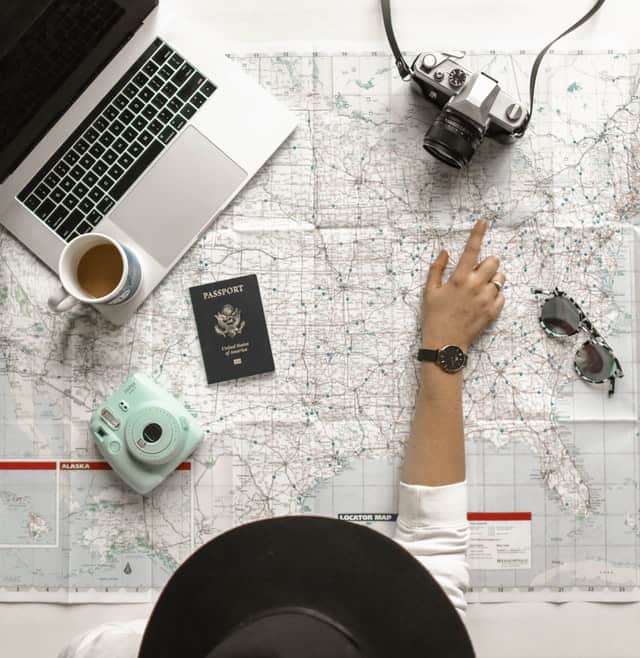If your budget is tight it may seem impossible to save for that dream vacation. Even if you bring in plenty of money, after making a major purchase, perhaps buying a new house among the Banff homes for sale or anywhere else, you probably don’t have a lot left over for anything that isn’t a necessity.
A 2019 survey by Nerd Wallet found that more than three-quarters of Americans planned to fund their vacation with a credit card, but if that debt isn’t paid off quickly, the added interest can make that trip a lot more costly.
Of course, as the saying goes, when there’s a will there’s a way – even on the tightest budget, there’s probably some wiggle room to save money for travel.
Setting a savings goal is a great way to stay motivated and on track, but you’ll need to have an idea as to how much that trip is going to cost. Do some research – the amount will vary widely depending on the destination, how you’ll get there, and the type of experience you want to have. If your goal is to truly get to know a place rather than immerse yourself in luxuries, there are ways to do it on the cheap. Accommodation can cost little to nothing if you choose wisely, staying in hostels or even CouchSurfing. You might find you don’t need as much as you initially thought.
Create a Budget and Review All Your Set Expenses
If you don’t already have a budget, in order to reach your goal, you need to create one. That will help prevent mindless spending and lead to better decision making based on that goal. Many people don’t even realize how much they spend on all those little purchases from picking up coffee on the way to work to monthly subscriptions that go unused. As part of the process, be sure to review your fixed expenses and track your spending for at least a week to see what you can cut back on or eliminate altogether. What can you easily do without? Is that cup of Joe really worth more to you than a trip to New Zealand? For example, if you’re spending $4 every weekday morning at Starbucks or your favorite local coffee joint, that’s $1,040 a year that could be going toward traveling instead. Put that $20 a week in savings, along with anything else you can eliminate, and watch it add up.
When reviewing fixed expenses, consider if you really need things like cable television, a gym membership, magazine subscriptions, and so on.
Sell Your ‘Stuff’
If you’ve got lots of “stuff” laying around that you rarely use, go through each item, and think about how much you really need it. Is it just taking up space? Sports equipment, exercise gear, clothing, electronics – you might just have a treasure trove to sell to someone else who could really use it. Maybe you could take extreme measures like replacing your car (and all the expenses that go along with it like gas, insurance, maintenance, and repairs) with a bike, or use public transport instead.
Make Extra Money on the Side
These days there are all sorts of opportunities for additional income. If you live in a popular tourist destination, you may be able to lead an “Airbnb experience,” like a walking tour in your city. Got artistic skills? Sell your crafts on Etsy. Other ideas include dog walking, babysitting, tutoring English students online, buying items at estate sales and reselling on eBay, the list is practically endless.
